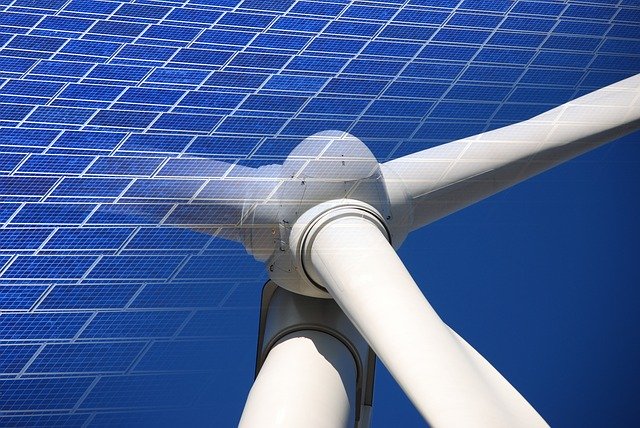
Renewable or nuclear? What’s your energy preference
Support for renewable energy sources such as solar and wind is linked to a belief that climate change will be catastrophic, while supporters of nuclear power tend to be less concerned about climate risks, says study co-authored at Cambridge Judge Business School.
Gender, education, and politics are the 3 factors shaping people’s preferred choice of energy.
“The challenge of addressing climate change is daunting and will involve every sector and every individual and will likely require every option available, says co-author Professor David Reiner. “It is also important to clarify certain misperceptions – for example, we do not find that older or more conservative people are any less supportive of renewables such as wind or solar than younger or more liberal individuals. We hope these findings will help inform government policy.”
Solar and wind energy preferences are driven by risk perception, not trust in government
While some previous studies have shown a strong link between public trust in government policy and public acceptance of low-carbon energy sources, the new study found that only support for biomass energy increases along with public trust in government policy on climate change.
“On the other hand, respondents who prefer solar and wind energy tend to view companies rather than government as playing a more significant role in addressing climate change,” the paper says.
“Thus, public trust in the government’s climate change response policies was not a significant determinant of preferences for any low-carbon energy sources apart from biomass energy. Taken together with these findings, we find public perceptions of potential risks of climate change but not trust in government policy has a significant effect on preferences for solar and wind energy.”
While some studies in other countries have found that younger people prefer renewable energy (as in Finland) or that older people prefer renewable energy (in Australia), the new study found no relationship between energy preference and age or UK region.
Nuclear energy
Supporters are more likely to be knowledgeable about nuclear energy and energy in general and think that government investment in nuclear energy should be the top priority to solve climate change. They believe that their daily lives are not significantly affected by climate change.
Information Source: Read full article
Energy ,Petrol , Electric Power , Natural Gas , Oil , Climate , Renewable , Wind , EV , LPG , Solar , Electric , Electric Vehicles, Hydrogen, Oil Price ,Crude Oil, Supply, Biomass , Sustainability,


